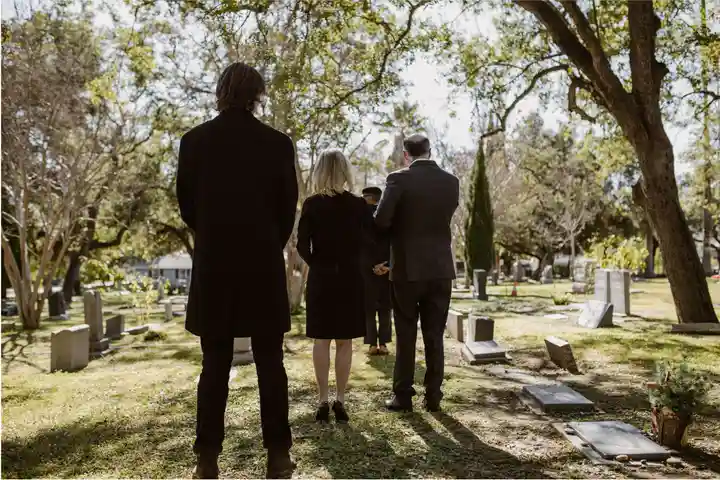What if your loved one has multiple Wills?
 Ariella Birnbaum 3 MIN READ
Ariella Birnbaum 3 MIN READ

Along the course of their lifetime, your loved one may have written and revised multiple Wills based on significant events like marriages, divorces, birth of children or death of their own loved ones. As a general rule of thumb, a newer Will will negate an older one, so the latest legal Will is usually the one considered as valid. However, if there is more than one Will presented to the probate court, there will need to be a certain determination of which is the valid Will. Some of the reasons for this are outlined below.
Not all the Wills may be valid
For formal validity, the production or alteration of a Will must comply with legislation on succession and inheritance as outlined in your State. Usually, the Will also needs to be signed by the testator and attested (that means witnessed) by two witnesses. People who regularly change or update their Will may not fulfil all the necessary steps to validate the document.
If the courts rule that the most recent Will should be disregarded, a previous version must be used instead. It can become more challenging to select a previous version in circumstances where multiple versions exist.
The Wills may not be recent enough
Even when multiple Wills exist, your loved one may not have produced one close enough to the date of their death for the document to be relevant. This is because there can be plenty of life-changing events to distract people from remembering to keep updating their Will.
It’s important to update a Will and change various parts of it on a regular basis, as life and priorities shift but also as a routine part of managing financial health and wellbeing. When a Will is written online, the process of making these revisions is quite simple – just update the parts you need from the comfort of home and produce a new version of the Will to sign in a matter of moments.
Testamentary capacity may have been lacking
Writing multiple Wills, especially over a short period of time, could indicate that your loved one was having difficulty deciding how to distribute their estate when they passed. This could be for various reasons, such as disputes with beneficiaries, a change in wealth, or the birth or death of family members.
Even so, it is important to consider whether loved ones had become confused or forgetful due to dementia or other cognitive illnesses, causing them to produce new Wills frequently. This is relevant in the case that the validity of the most recent Will comes into question or the Will is contested. Claimants may argue that producing several Wills in quick succession shows that the testator may not have been in the right state of mind when writing them.
Multiple Wills can suggest doubt
As well as testamentary capacity, your loved one’s testamentary intention is one of the factors that judges consider when ruling on a family provision claim. Testamentary intention distinguishes the Will as being written with the intention of being the last Will and testament. It is usually expressed in a strong opening statement, identifying the testator and their intention to make the Will and revoke all former Wills.
The absence of this statement may cast doubt about whether a document was intended to be a Will. While the courts don’t take the decision to disregard a testator’s final wishes lightly, this doubt can pave the way for an inheritance dispute.
Wrap up
The Will with the most recent date that was validly written and executed is your loved one’s last Will and testament, and it governs the estate. However, if you find a previous Will and there is reason to suspect or contend that the latest-dated Will was not created validly, one of the previous Wills may be the correct one.
Willed provides expert guidance to ensure you can faithfully execute the provisions of your loved one’s Will and honour their true wishes after they have passed.
Disclaimer: The content of this blog is intended to provide a general guide to the subject matter. This blog should not be relied upon as legal, financial, accounting or tax advice.
Related Guides

Direct cremations have risen in popularity for several reasons, but how can you honour your faith or religion with one? Keep reading to learn more.

An Enduring Power of Attorney allows you to appoint someone to manage your financial and health affairs if you lose mental capacity.

Grief counselling and bereavement services in Australia are a great option for those dealing with grief from a loss. Check out this guide for helpful links.

Whether you're the grieving widow or an acquaintance of the deceased, these funeral etiquette tips will ensure that you don't make any gaffes during this difficult time.